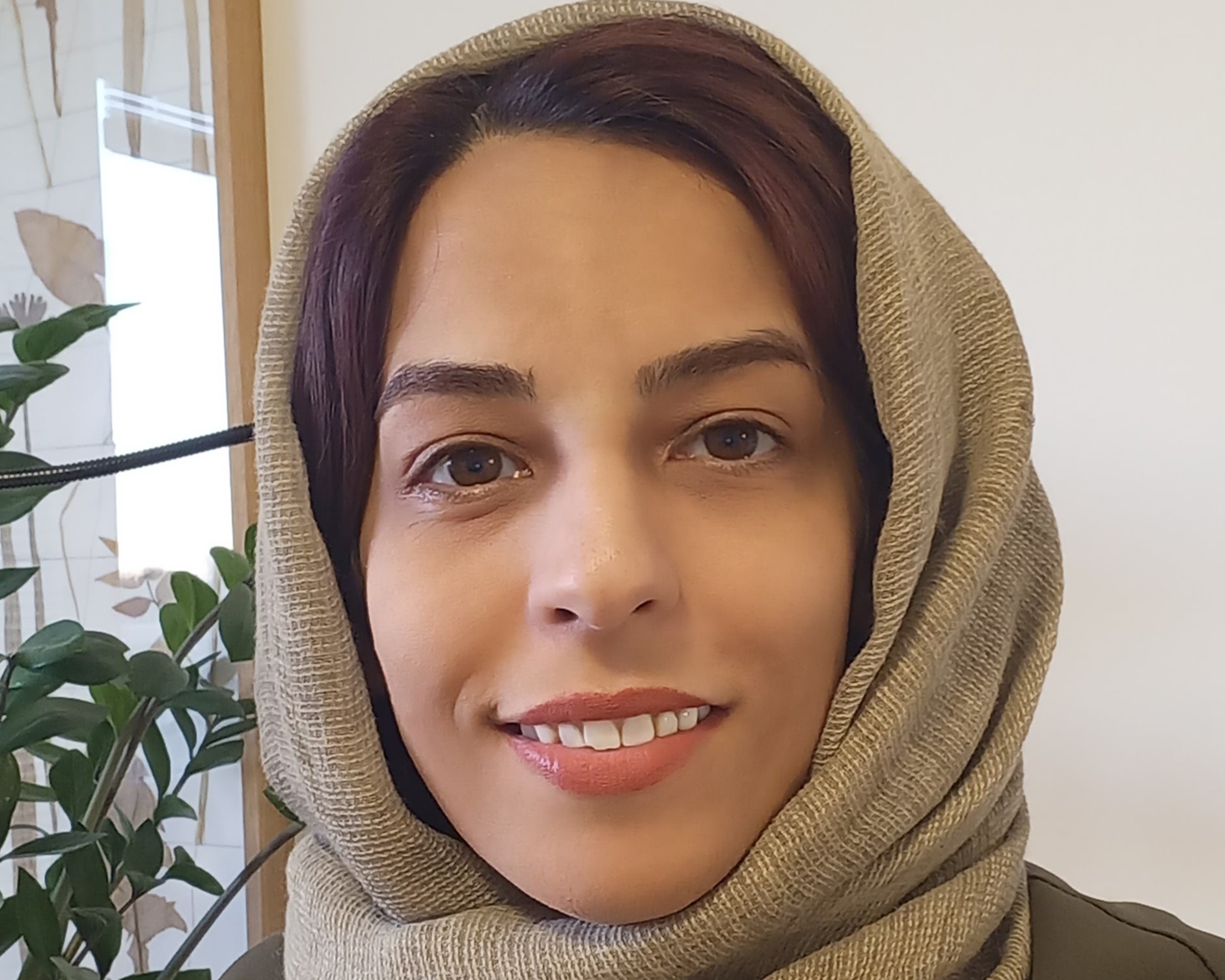Eine iranische Forscherin und Mutter nutzte die Chance des SIR-Programms
Dr. Fahimeh Arabyani-Neyshaburi ist eine hochmotivierte iranische Mathematikerin, die mit dem „Scientist-in-Residence-Programm“ (SIR) die Chance ergriffen hat, aus ihrem Heimatland nach Österreich zu reisen.
Das SIR-Programm bietet einen einmonatigen Aufenthalt, einschließlich Unterkunft, Mittel für den Lebensunterhalt und öffentliche Verkehrsmittel sowie einen Zuschuss zu den Reisekosten. Der Fachbereich Mathematik der Paris Lodron Universität Salzburg bot Fahimeh einen Arbeitsplatz und die Möglichkeit, während ihres Aufenthalts im Fachgebiet Analysis zu forschen.
Univ.-Prof. Dr. Andreas Schröder stellvertretend für den Fachbereich: „Es war für uns eine besonders große Freude, Dr. Fahimeh Arabyani-Neyshaburi bei ihrem mutigen Schritt zu unterstützen, neue Forschungskontakte im dynamischen Wissenschaftsumfeld unserer Universität zu etablieren. Mit ihrem kulturellen Hintergrund und ihren Erfahrungen an einer iranischen Universität hat Frau Dr. Arabyani-Neyshaburi unseren Fachbereich nachhaltig bereichert.“
Was ihre derzeitige Karriere betrifft, so hat Fahimeh gerade eine Postdoc-Stelle an ihrer Heimatuniversität „Ferdowsi University of Mashhad“ (Iran) beendet und arbeitet seit kurzem als Forschungsassistentin in den Bereichen harmonische Analysis und Frame-Theory, außerdem ist sie Betreuerin mehrerer Doktorand:innen. Sie hat eine große Affinität zur Mathematik und ist bestrebt, ihre Forschung fortzusetzen.
An ihrer Alma Mater arbeitet sie an der Signalrückgewinnung mit Hilfe von Algorithmen zur Phasenrekonstruktion (phase- and norm retrieval algorithms). Dies passt ideal zu den Forschungsschwerpunkten des Fachbereichs Mathematik an der PLUS, insbesondere zu den Forschungsgruppen von Prof. Schröder und Univ.-Prof. Dr. Verena Bögelein. Während ihrer Stipendienzeit in Salzburg konnten einige Schnittpunkte vor allem mit dem Forschungsgebiet von Prof. Schröder im Bereich Numerik für partielle Differentialgleichungen herausgearbeitet werden.
Fahimeh fasst zusammen: „Für mich war es der erste Forschungsaufenthalt im Ausland und ich fand ihn sowohl wissenschaftlich als auch als Lebenserfahrung bereichernd. Nach meiner wertvollen Stipendienzeit an der PLUS könnte ich mir vorstellen, meine akademische Karriere in Österreich fortzusetzen. Meiner Meinung nach bieten Österreich und der Iran ähnliche Möglichkeiten für Forschung und Zusammenarbeit und beide Länder bieten hohe Bildungsstandards.“
3 Questions for Fahimeh:
Can you compare the two Universities from a personal and scientific perspective?
“I was truly delighted by the overall friendly atmosphere here at the University of Salzburg and all my open-minded cooperation partners at the department. It motivated me to study papers previously unknown to me, about new application aspects for solving PDEs. I also loved the daily lunch breaks together with many non- and scientific department members, having nice chats but also exchanges about mathematical problems. It was a creative and relaxing time of the day. I find the team spirit among the members of the mathematics department in Salzburg is strong and somehow unique.
As an academic I would say that both the Ferdowsi University of Mashhad and the Paris Lodron University of Salzburg have high academic standards and provide good chances for mathematicians. The Mashhad University has 10 times more students than the PLUS, around 30.000 students, and the mathematics department is a little bigger with 56 faculty members in mathematics and statistics. The tuition fees in Iran are lower but also there are less funds allocated for research, which maybe affects the quality of research with respect to other developed countries.”
And how about the cultural differences and parallels?
Of course there is a difference based on religion, that has led to certain ethics and different traditional clothing. Both Austria and Iran have a rich history of arts and music and it seems they share their inhabitant’s dedication towards cultural offerings. The two countries furthermore share the hospitality and kindness of their people. When I think about every day’s life, I was amazed by the high number of people using bicycles and public transportation. This notably reduces traffic and decreases air pollution and therefore life quality is so much better. In Iran on the other hand, people mostly use their personal car. And I was pleasantly surprised by how easy it is to travel between the countries, that are part of the Schengen Agreement.
What is the best place you visited /activity you took part in so far in Salzburg?
I did some hiking, and even got carried away to buy a pair of hiking shoes in one of the well-equipped mountain shops. My cooperation partner showed me the local “Gaisberg” mountain, which was an amazing place topped by a stunning view. On another occasion, we were driving on Germany’s highest panoramic road, the “Rossfeldstraße”, through breathtaking mountain landscapes that ended at the beautiful “Königssee” lake. However, I also enjoyed the Mozart birth house and Salzburg’s impressive city center. I attended a musical event during the “long night of choirs” in May 2024, which was a completely new experience for me. Choirs performing in a church – that is beautiful! Finally, I want to express my gratitude to Prof. Schröder for inviting me to the department. It was a valuable experience, not only could I deepen my studies, but I also had the chance to visit the beautiful city of Salzburg.





